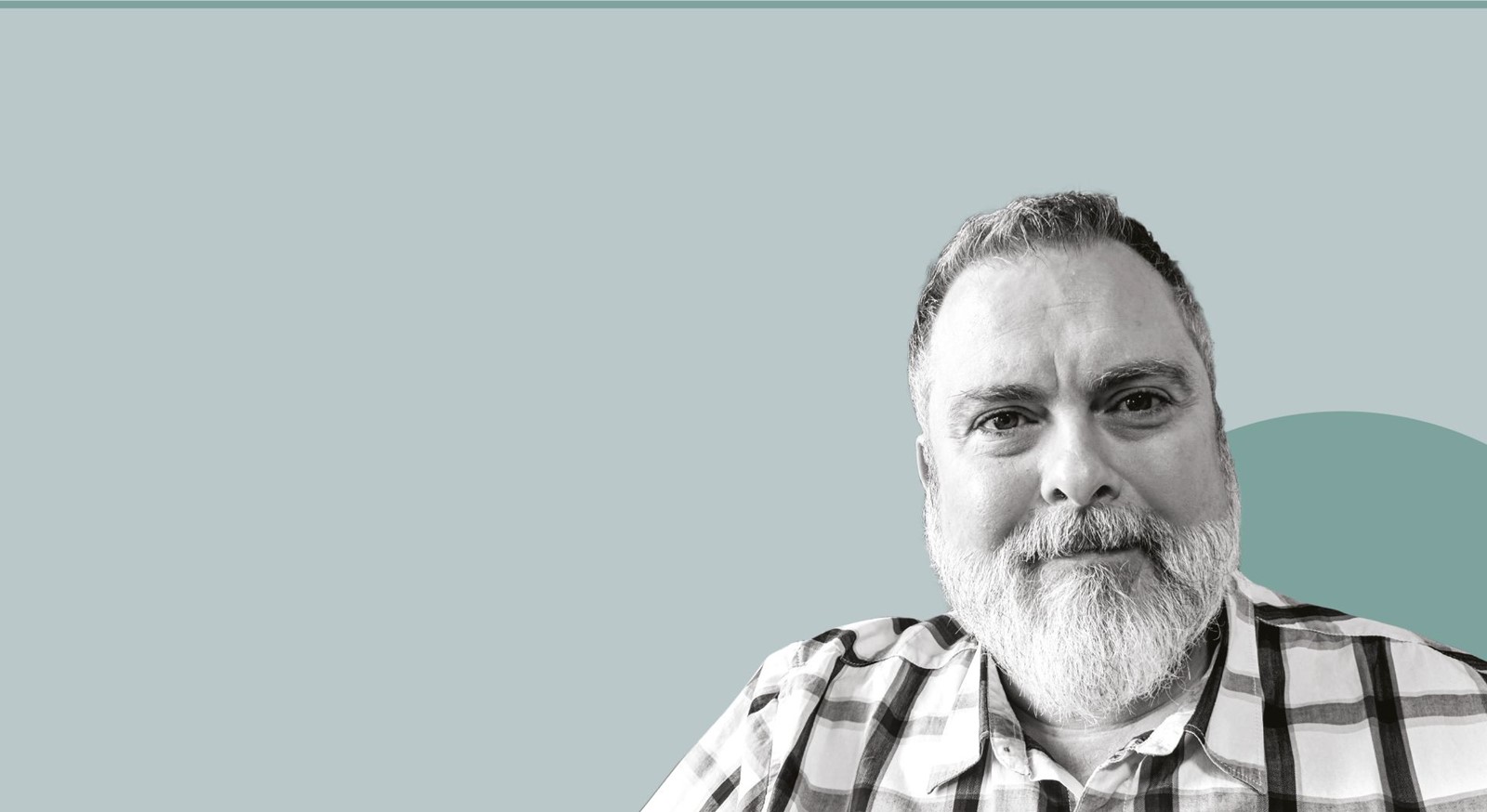Working as a counsellor means accepting the emotional toll the work will have on us. We’re skilled in working with feelings, but we’re also human, and sometimes our clients are going to connect with us in a very human way. This, after all, is why supervision is so important: a space for us to surface things that are connecting with our story and ensure this is not affecting clients. Holding our humanity is what makes us great counsellors – we are more than a set of skills, theories and models. We’re engaged in a real way with our clients’ experiences; our clients see that humanity in us and know we’re hearing them.
Some clients are more likely to connect with us than others. So, while we’re always congruent, authentic, unconditional etc, we won’t always experience our feelings or the client’s in the same way. Sometimes a session will end and leave me feeling bereft and confused, other times joyful and uplifted. This happens during the work but can be more pronounced when it comes to an end. Have we achieved what the client wanted? Are they in a different/better place? What if they aren’t?
As a relationship therapist, I usually work with couples or ‘polycules’ (a group of people in a consensual, non-monogamist relationship). These clients will generally (not always) come to therapy as their relationship is in crisis. They don’t know what else to do, and therapy is seen as a last resort. (Polyamorous clients tend to come into therapy before reaching crisis point, because they want to work through a particular issue rather than assess the viability of the relationship. For monogamous couples, it is often because the relationship is at breaking point.)
In the opening sessions, as we’re contracting and setting goals, I will explicitly state it’s not my job to keep the relationship together if that’s not the right thing for them. It’s important to be clear that the needs of the individual outweigh the needs of the relationship. I don’t hold the belief that the relationship is the client, but that I’m working with two (or more) clients who happen to be in relationship. To privilege the relationship denies the autonomy of the clients and allows too much scope for abuse and coercive control to be maintained. The potential for the relationship not to survive is a possibility that can be explored.
Next in this issue
This means that sometimes I will work with clients for long periods of time, engage with them in a real and human way, care about them, invest in them, and then see the relationship end. And if this is what happens, we must assume this is the best outcome. The traditional ideas of monogamy and longevity are ones that can be challenged. It was fine to say ‘until death do us part’ when the average life expectancy was, say, 47, as it was at the turn of the 20th century. But why should we necessarily think that one person might be able to meet our needs for 30, 40, 50 or more years? Allowing space for relationships to end in a constructive way and with as little pain as possible is not a failure. Hopefully, both people feel the same and can manage the ending. Sometimes, though, one partner doesn’t want it to end, so the challenge for us as therapists is to attend to and respect the needs of both. To hold two competing sets of needs and to privilege both.
And these can be very painful sessions, especially when a client comes to therapy with the explicit aim of ending the relationship, but their partner thought they were here to work on repairing things. In those moments, when a person is in pain, our humanity is at the fore. My theory, paradigm and model are that these things take a back seat to just being present with the client and seeing their pain.
These feelings are powerful when they occur early in the work. They take on a new level when we’ve been working with clients for a long time. When we have been invited into and become part of the client’s world, we’re invested in an outcome. And it’s really sad (I’m owning my own stuff here!) when a couple love each other, care and feel for each other, but can’t get past an obstacle.
Sex is often the issue here; different needs and wants can’t be contained in the relationship – but there are other irreconcilable differences. Watching clients realise they cannot continue together, and seeing the grief that follows, is some of the hardest work I do. In those moments, I feel deskilled – where did I go wrong? Why couldn’t I save them? Of course, this is all stuff for supervision, and the constant reflecting we do on why we are counsellors and what needs it meets in us. I also reflect on my own feelings and expectations around endings and loss. And, in these moments, it is enough just to be human. I see grief etched in my clients’ faces and I experience that with them. My human self wants them to be OK, to start casting round for a solution to fix the relationship. But my professional self recognises their autonomy and that they will survive. The work ends, and I go and cuddle the cat.
